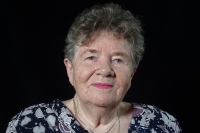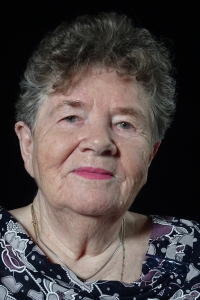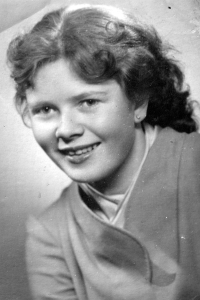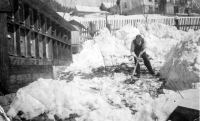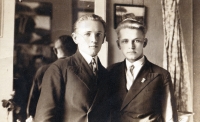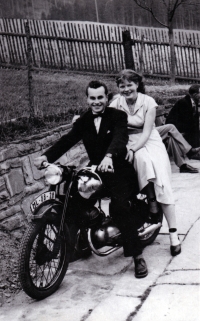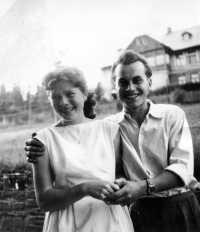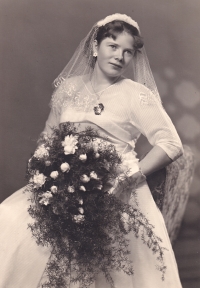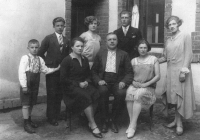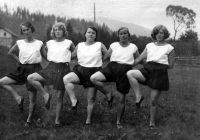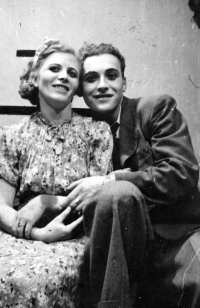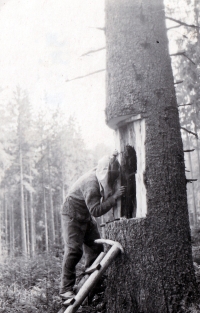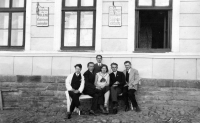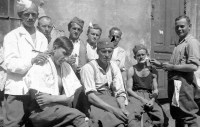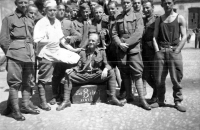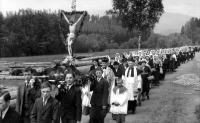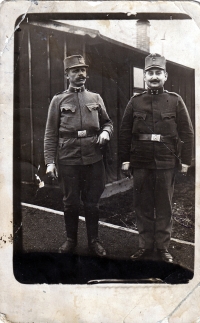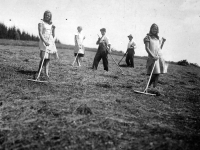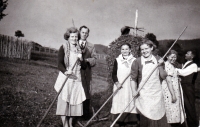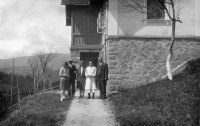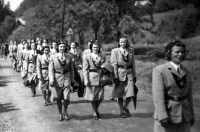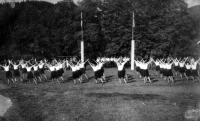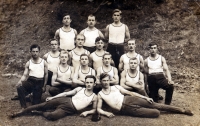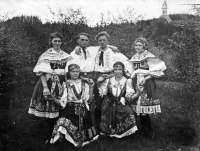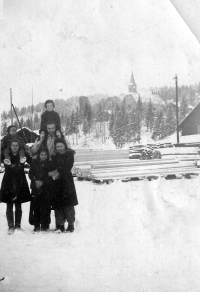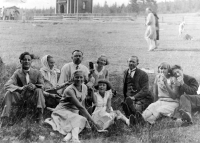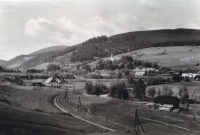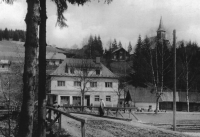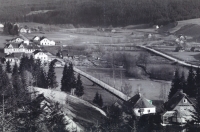When the dam was being built, Staré Hamry looked as if it had been bombed
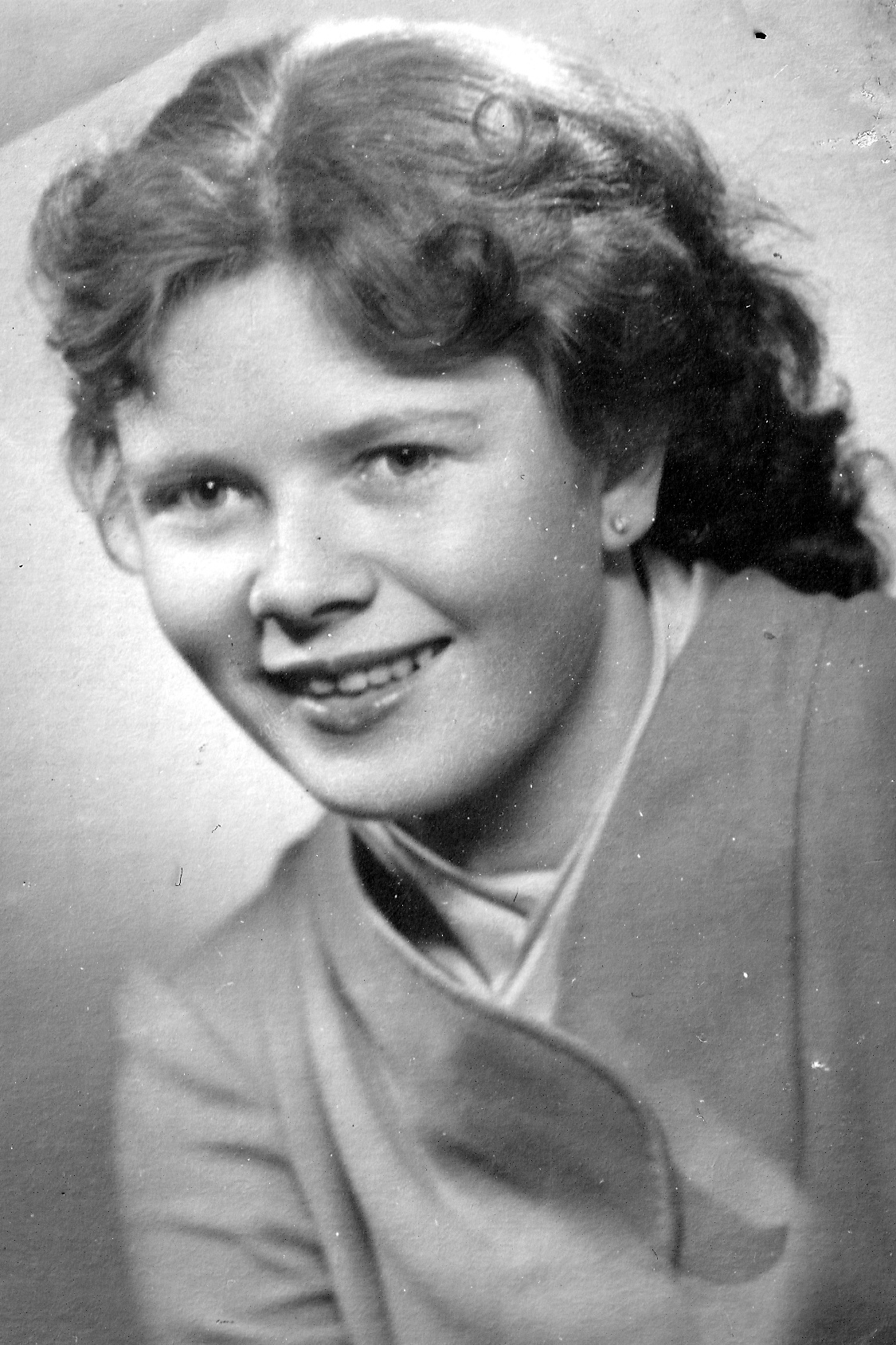
Download image
When the dam was being built, Staré Hamry looked as if it had been bombed Jarmila Valášková, née Božoňová, was born on 4 May 1938 in Staré Hamry in the Beskydy Mountains. Her father ran a private barber shop there. In Staré Hamry she lived through the Nazi occupation and the liberation in 1945. After the war, her parents built a new house above the centre of Staré Hamry. Her father lost his barber shop after 1948. He was forced to join a municipal enterprise. Jarmila graduated from the secondary pedagogical school for kindergarten teachers in Krnov. In 1958 she married and had three children. She and her family lived with her parents. She worked in kindergartens in Frýdlant nad Ostravicí, Ostravice and Bílá. She witnessed the building of the Šance dam on the Ostravice River in the 1960s. Most of the original centre of Staré Hamry, including her birth house, ended up under water. She was a member of the Communist Party, but terminated her memebership at her own request in 1967. In 2022 she was living in Staré Hamry.
